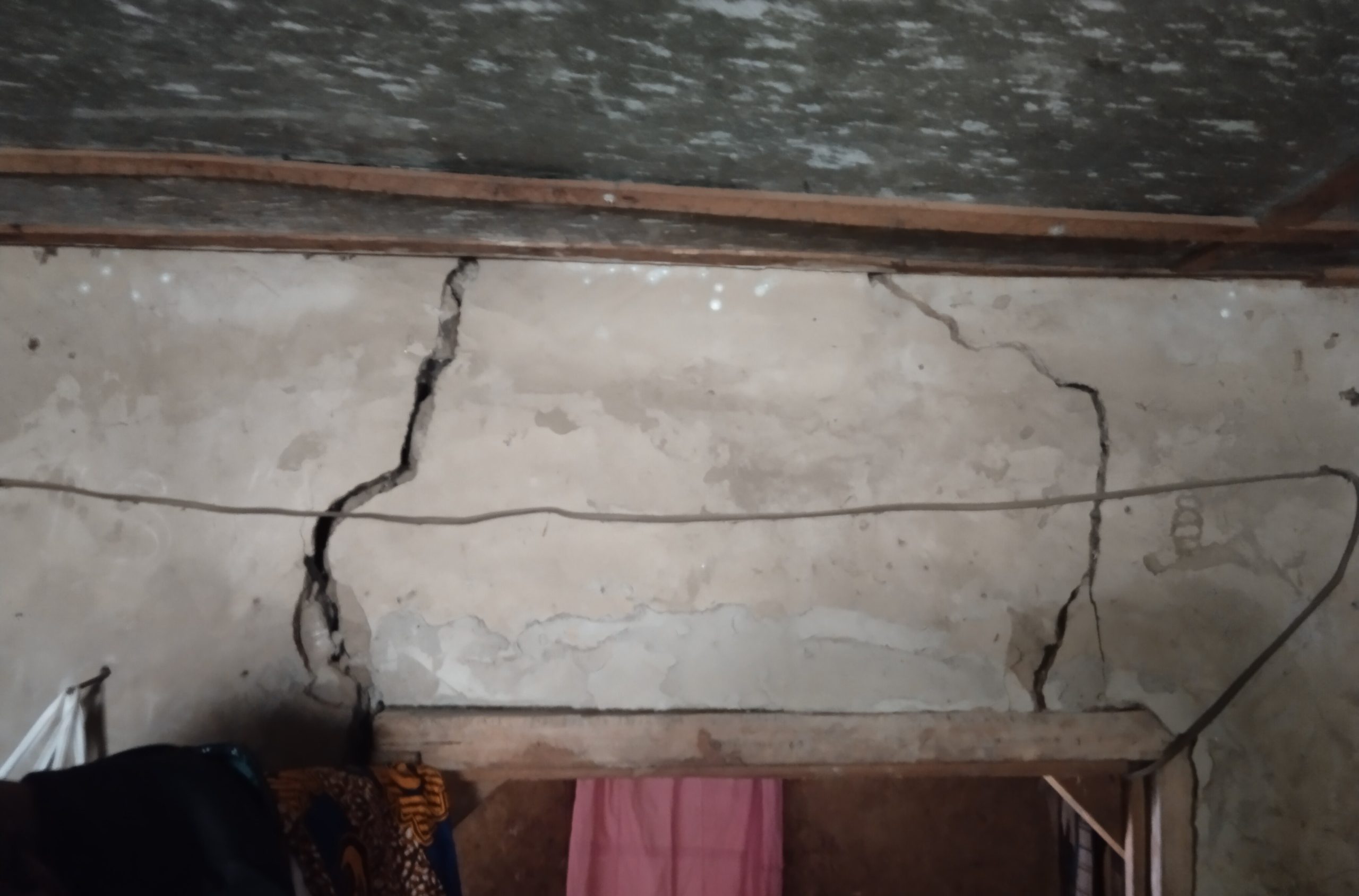Maureen Okpe
Industrial mining projects can play an important role in global and community sustainable development if associated health risks and structure collapse are minimised and opportunities maximised.
Broad body of evidence from studies have established interlinkages between mining operations and effects on public health and shown how waste products from mining sites have contaminated water, and polluted the air for residents of host communities, which have resulted to health complications.
Researches have also shown that some mining communities have abandoned their farmland and business enterprise following low yield and health hazard associated with the residues and effects of mining companies.
This is the reality of residents of Karshi. A rural community in Abuja, Nigeria’s nation capital with growing public health concerns brought on by the expanding activities of mining and quarry companies in the area.
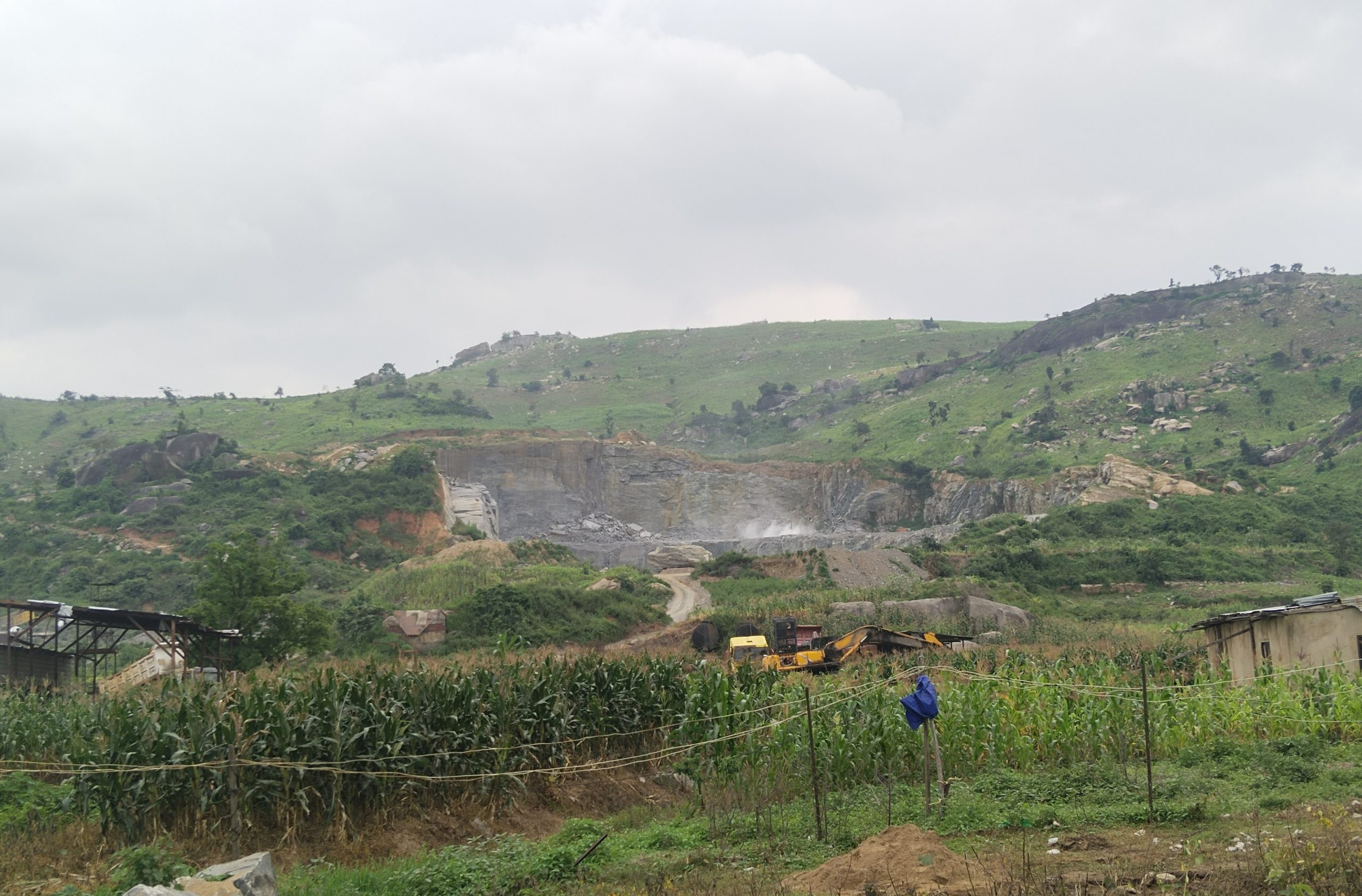
What started as an initiative to bring infrastructure and economic development has, according to residents, turned into a source of illness, environmental degradation, and destruction of homes.
Residents have experienced health complications and economic stress from the continuous exposure to dust, noise pollution, cracked walls and fallen structures following vibrations from rock blasting, a process used to obtain granite.
Maryam Isyaku,a once-thriving food vendor in Karshi community, who now battles asthma and high blood pressure, attributed her health conditions to the mining activities.
Read Also: Group, Communities Lament Poor Regulation Of Nigeria’s Mining Sector
According to Maryam, the mining activities in Karshi have not benefited them in any way, rather they are faced with illness and harsh conditions they never imagined.
She said, “Initially, I didn’t know I had asthma because there were no triggers. But once the mining began, I noticed that every time they blast, I start reacting. That’s when I realised the dust is the cause.
“Now I have two illnesses, asthma and high blood pressure.
Dust, Noise, and Collapsing Structures
The transformations and deformations accompanying mining activities adversely affect the surface and its development facilities, leading to damage to building structures and technical infrastructure, according to Researchgate.
Dust generated from the quarrying coats homes, farmlands, water sources, and entire neighborhoods, making the community’s basic economic activities like farming hazardous, decried residents of Karshi.
Maryam while showing our correspondent and staff of PAGED Initiative, an organization committed to serving underserved communities her collapsed building which have become a refuse dump site, lamented how she had to seek refuge elsewhere after the damage.
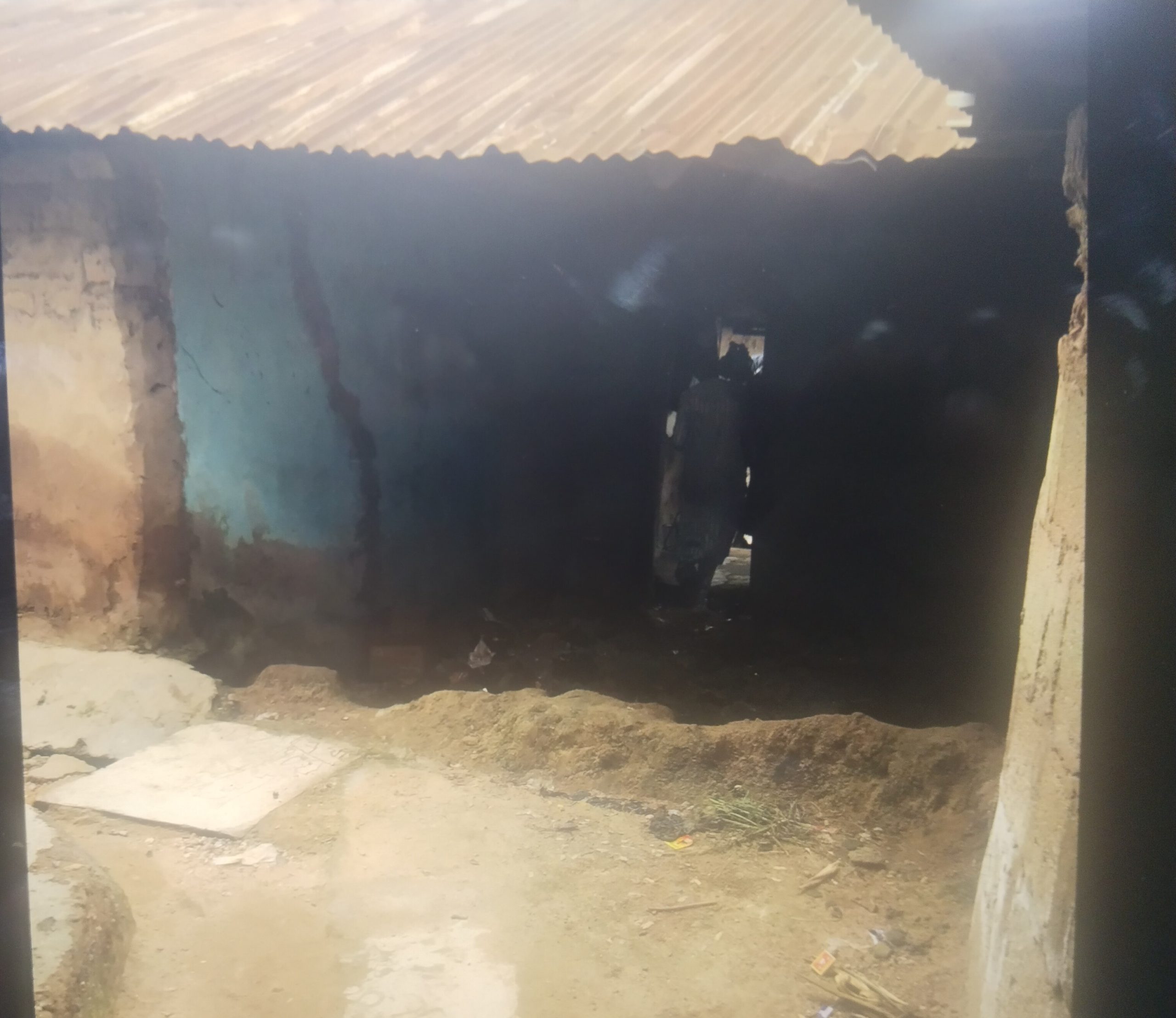
“I had to moved out of my house as the walls completely collapsed. Thank God no one was injured, she stressed.
Also, Ali Mubarak Yahya, another resident, recounted how activities from the the blasts affected his family buildings and well-being.
He disclosed that the regular blast from the site continue to create cracks in their homes and constant repair was needed, as failure to do so within short periods the houses collapse.
Yahya said, “One of my rooms collapsed after repeated blasts. We tried renovating many times, but we had to abandon it. Now we use it as an outdoor kitchen.
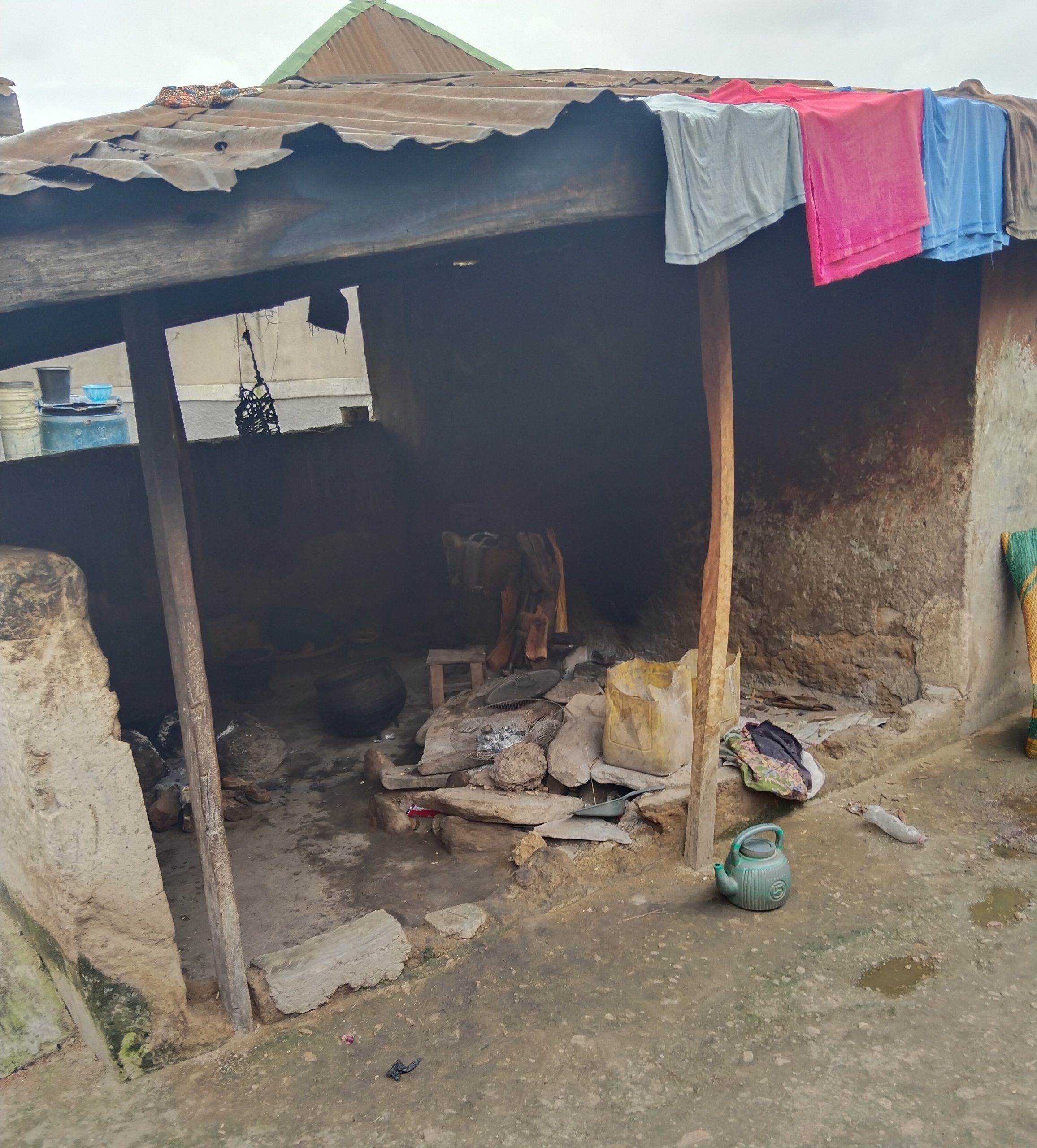
The sound of the blasts is unbearable, it seems like a distant but rings continuously in your ear, you can’t sleep at night.”
Chairman of the World Development Committee (WDC) at the Karshi Primary HealthCare center, Shuaibu Mikail said noise pollution from the blasts has also caused hearing issues, sleep disruption, and psychological stress, especially for elderly residents and patients at the local Primary Health Centre (PHC).
Mikail, explained how the health facility itself has not been spared. “Imagine being sick and having to bear the vibration and noise from the blast, double discomfort.”
He stressed that, “the fence behind the PHC collapsed due to the vibrations. We raised it several times, but it kept falling. We eventually gave up due to financial constraints.”
“Patients feel the tremors during treatments. The entire structure is compromised.”
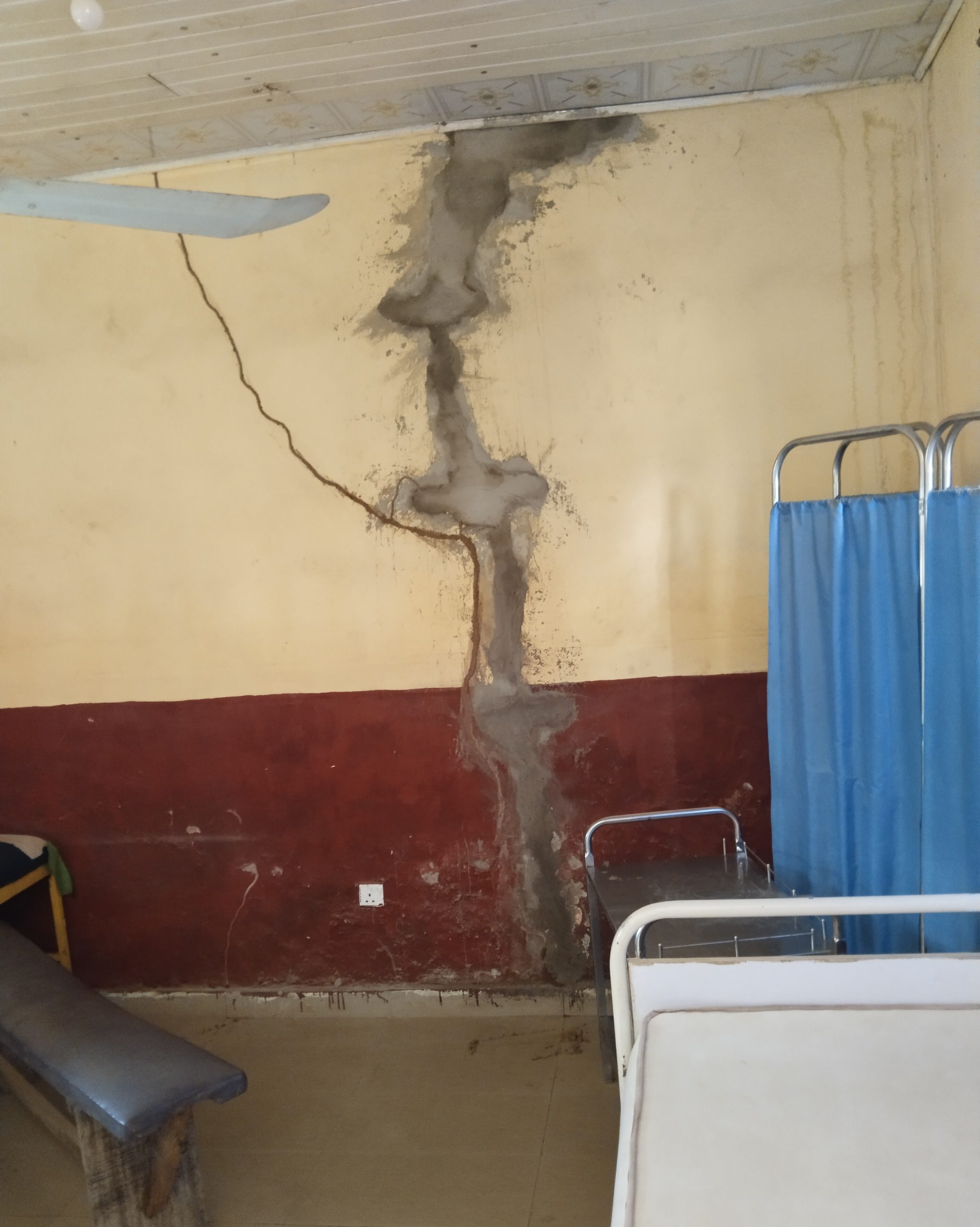
‘They Are Spoiling Our Children’
As the physical health of the community deteriorates, so too does its moral and psychological foundation, particularly for its most vulnerable: the youth.
Residents say that beyond the crumbling homes and dust-covered crops, mining activities have introduced a dangerous culture of drug abuse and sexual exploitation among the youth.
Maryam Isyaku, who stopped working at the mining site for this reason, gave a disturbing account.
“They give children drugs, hard drugs to boost their energy during work. I saw it with my eyes. They also take young girls to rooms and sleep with them. That’s why I stopped going,” she said.
She further explained that many of the children, who should be in school, now spend their days at the mining sites, often returning home disoriented or displaying disturbing behavior.
“Our children no longer go to school. They stay with the workers all day and come back changed. These people are spoiling our children,” she added.
Trauma in the Classroom
At Karshi Primary School, the mining blasts are not only felt, they disrupt learning completely. Teachers said the concentration in class is minimal due to the fear and anxiety caused by frequent explosions.
Rukayya Muhammad, a teacher at the Karshi Primary School, described how children panic during lessons. She described them as edgy and anxious as they know the blast can begin anytime.
“We will be teaching and suddenly there’s a loud explosion.
“The children panic. Nobody can concentrate. They jump up and run. Some start crying.”
“The school’s infrastructure is also failing. Ceilings are cracked, and some classrooms are no longer safe for use.
“The Primary 5 class is damaged. The pupils are afraid of being there. Even the teachers are constantly on edge.”
Economic Collapse and Food Insecurity
Karshi is predominantly an agrarian community. Residents report that the spread of dust on farmlands has reduced yields, impacted soil quality, and endangered food security.
Comrade Yahuza Abubakar, President of the Karshi Development Association (KADA), expressed his concerns on how farming activities have declined resulting from low yield. He blamed this on the mining residues which settle on crops and farmland and impede the growth of crops
“Dust from the quarry settles on crops and blocks sunlight. Yields have dropped drastically. People can’t feed their families. Farming is our only means of survival, take that away, and it’s like asking us to die,” he lamented.
Collapsing Water Wells
The community dugout wells serve as the primary water source for residents, however, vibrations from the mining site have destabilized these critical structures, raising the risk of injuries and water contamination.
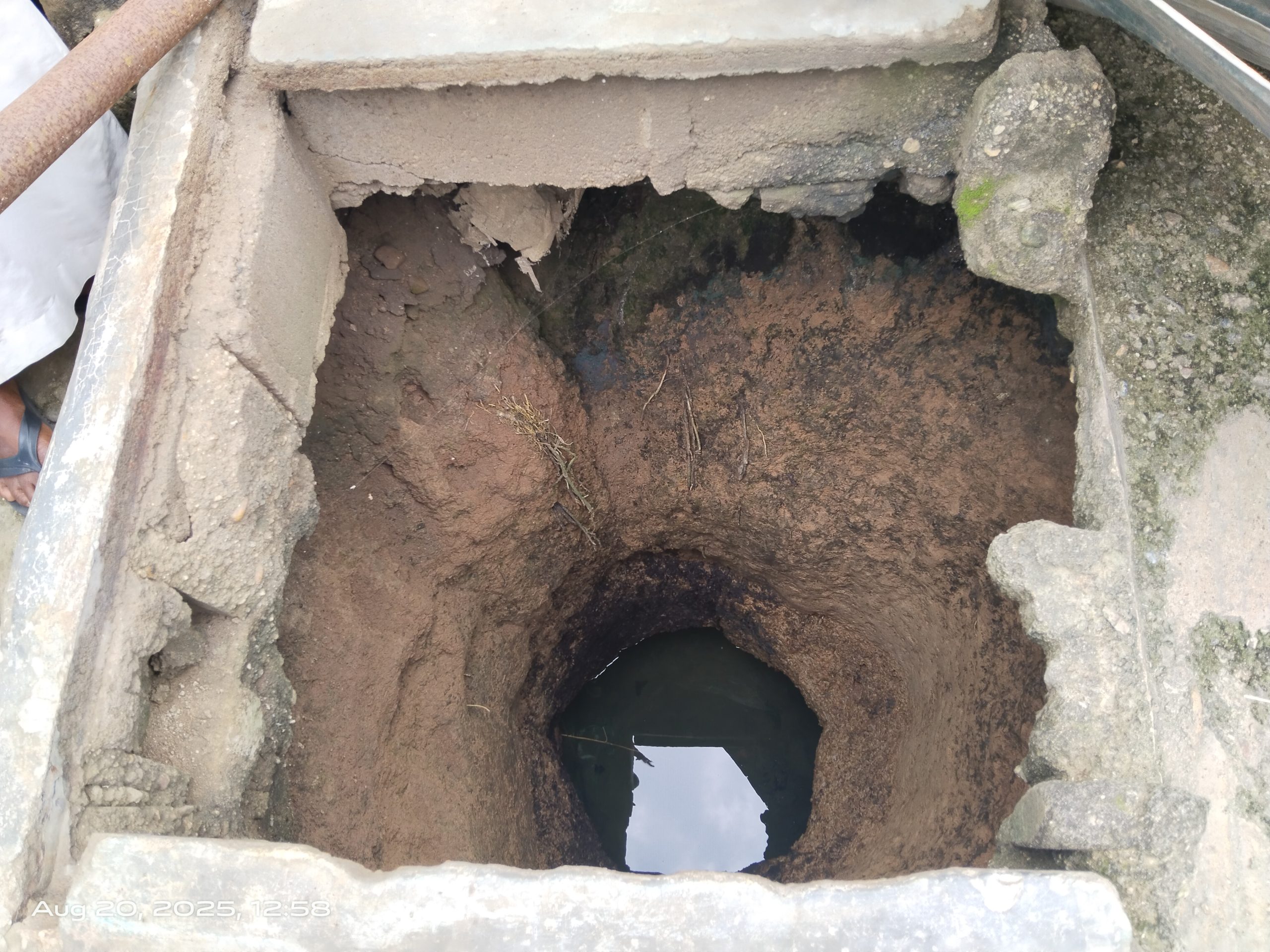
Abubakar explained that, “our wells have holes and cracks now. Some are caving in. It’s dangerous, especially if children are fetching water.”
Despite repeated letters and visits to the mining companies and relevant government ministries, residents say no action has been taken, and no compensation has been offered.
Unfulfilled Promises and Corporate Neglect
Section 107 of the Nigerian Mining Act provides that the holder of a mining lease shall pay compensation to land users or owners for any disturbance of the surface rights and any damage to the surface of the land on which the mining exploration has
been or is being carried on.
In addition, the holder of a mineral title is expected to pay for any crop, economic tree, building or work damaged, removed or
destroyed by the holder of the mining title or by any of its agents or servants,
compensation for the damage, removal or destruction of the crop, economic tree,
building or work.
“When the mining company, SCC first arrived, they promised 10 boreholes, improved roads, and employment opportunities. Years later, only three boreholes have been provided, and the roads remain largely unusable,” Abubakar said.
He said, “Even the materials used to build roads in Abuja were taken from here.“But we got nothing. Not even clean water.”
Read Also: Ghana’s Gold Sector Faces Alarming Criminal Infiltration— Report
He also noted that while the companies continue to profit, extracting materials worth over ₦10 billion the community remains neglected.
‘We Are Helpless’– Traditional Leaders and Officials Speak Out
Local leaders say the community have no legal authority to stop the companies from carrying out their mining activities, irrespective of the situation as mining licenses are issued at the federal level.
However, according to Section 100 of the Nigerian Mining Act, before a mineral title is granted, notice of application shall be given in the prescribed manner to the landowners or occupiers and their consent obtained before the license is granted; otherwise, the license may be granted with the exclusion of the private land in question. This law, the constitution explains is to ensure that the landowner’s interests are considered when granting the license.
Additionally, mineral titleholders must submit an Environmental Protection and Rehabilitation Plan (EPRP) under Sections 118 – 120 of the Mining Act, which includes a social component that anticipates potential disruptions to the communities where the mining activities is being carried out.
The District Head of Karshi, Alhaji Ahmed Doka narrated that, they were not informed of the exploration or mining activities as the companies already acquired licenses on their lands upon arrival. The community only gets the notice when the machines begins operation.
Doka stated that, “ they get their license from the government. They are not giving the community anything because they have already been given the license which serves as a permit to operate.
“We can’t stop them. If we try, it may lead to conflict. Our hands are tied.
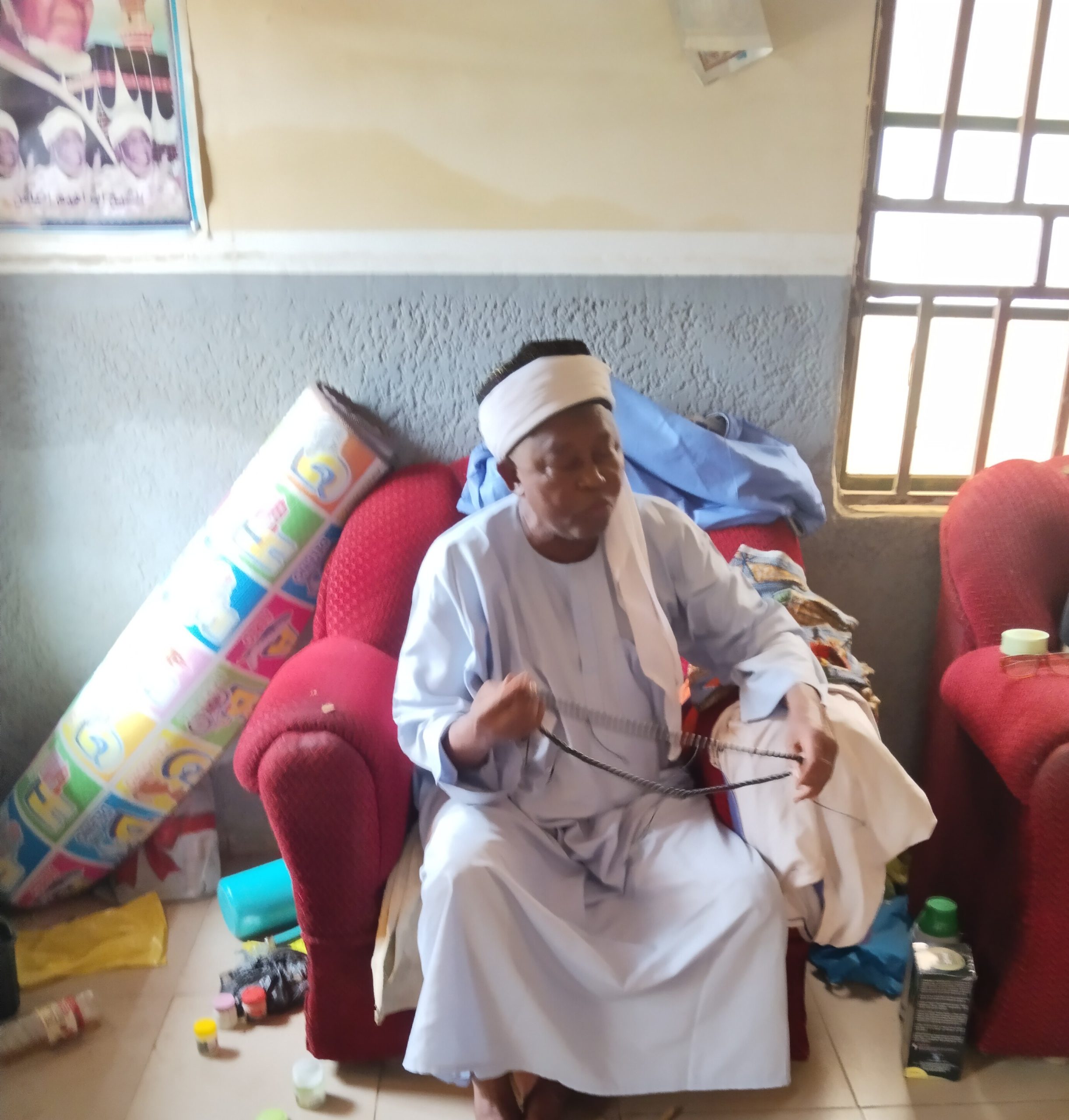
Abubakar also revealed that, “They don’t show us environmental or health impact assessments. We are not carried along. They come, make promises, and disappear. What they extract is more than ten billion naira worth of stone and gravel. And what have we received? Illness, cracked homes, and broken lives.”
A Cry for Help
The residents of Karshi community have urged relevant authorities to take steps in securing and compensating their losses. They noted that their cry is not just for development, but survival. The community members have insisted that, the situation demands urgent attention and the need for government to take necessary actions.
“We wrote to the Ministry of Mining. We complained. Nothing happened. We are just left to suffer,” said Yahuza.
Maryam Isyaku in an emotional plea decried , “We need help, with our children, with our homes, with our health. They have taken the wealth from our land and left us with nothing.”

